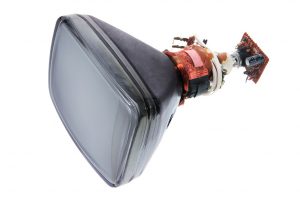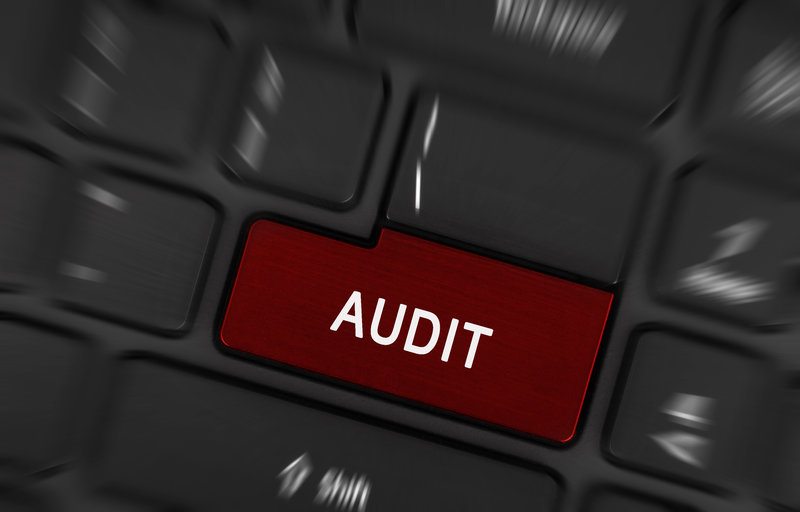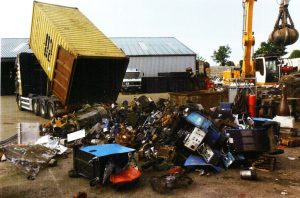
Credit: donvictorio/Shutterstock
An e-scrap processor is refuting allegations by Basel Action Network that the company shipped a broken monitor to Asia.

Credit: donvictorio/Shutterstock
An e-scrap processor is refuting allegations by Basel Action Network that the company shipped a broken monitor to Asia.

Credit: photosync/Shutterstock
For years, India-based electronics manufacturer Videocon has served as a major outlet for recovered CRT glass. But the company now says it is taking in only “limited” tonnages through its closest North American partner, and former suppliers contend that Videocon has ceased production of new CRT devices altogether.

Credit: lightrain/Shutterstock
Four e-scrap companies have issued statements after being tagged by the Basel Action Network for allegedly exporting scrap printers and LCD monitors.
 Basel Action Network, which has been using GPS trackers to follow used electronics, today named six companies it says were involved in shipping scrap printers and LCD monitors to Asia.
Basel Action Network, which has been using GPS trackers to follow used electronics, today named six companies it says were involved in shipping scrap printers and LCD monitors to Asia.
 Auditors have started conducting surprise visits of R2-certified facilities outside North America to see whether they’re following R2 standards. Continue Reading
Auditors have started conducting surprise visits of R2-certified facilities outside North America to see whether they’re following R2 standards. Continue Reading

Joe Pickard speaks at the Resource Recycling Conference.
Ferrous and non-ferrous metals recovered from electronics and other sources have been volatile of late. Such uncertainty could continue as China considers limits on taking in some metal grades.
 Seven e-scrap entities have been accused of questionable downstream practices by the Basel Action Network, after tracking devices showed they were involved in moving materials that were eventually exported to developing countries.
Seven e-scrap entities have been accused of questionable downstream practices by the Basel Action Network, after tracking devices showed they were involved in moving materials that were eventually exported to developing countries.
 A worldwide police operation busted people suspected of illegal waste shipping and disposal, mostly involving metals and scrap electronics, according to Interpol.
A worldwide police operation busted people suspected of illegal waste shipping and disposal, mostly involving metals and scrap electronics, according to Interpol.
 Chinese authorities say the country will prohibit some grades of recovered plastic and other materials from being imported by the end of 2017. Although the announcement doesn’t list e-scrap materials specifically, one trade group anticipates more materials will be restricted in the future.
Chinese authorities say the country will prohibit some grades of recovered plastic and other materials from being imported by the end of 2017. Although the announcement doesn’t list e-scrap materials specifically, one trade group anticipates more materials will be restricted in the future.
 Worldwide shipments of PCs continued a nearly three-year consistent decline during the past year, industry analysts reported this month.
Worldwide shipments of PCs continued a nearly three-year consistent decline during the past year, industry analysts reported this month.

